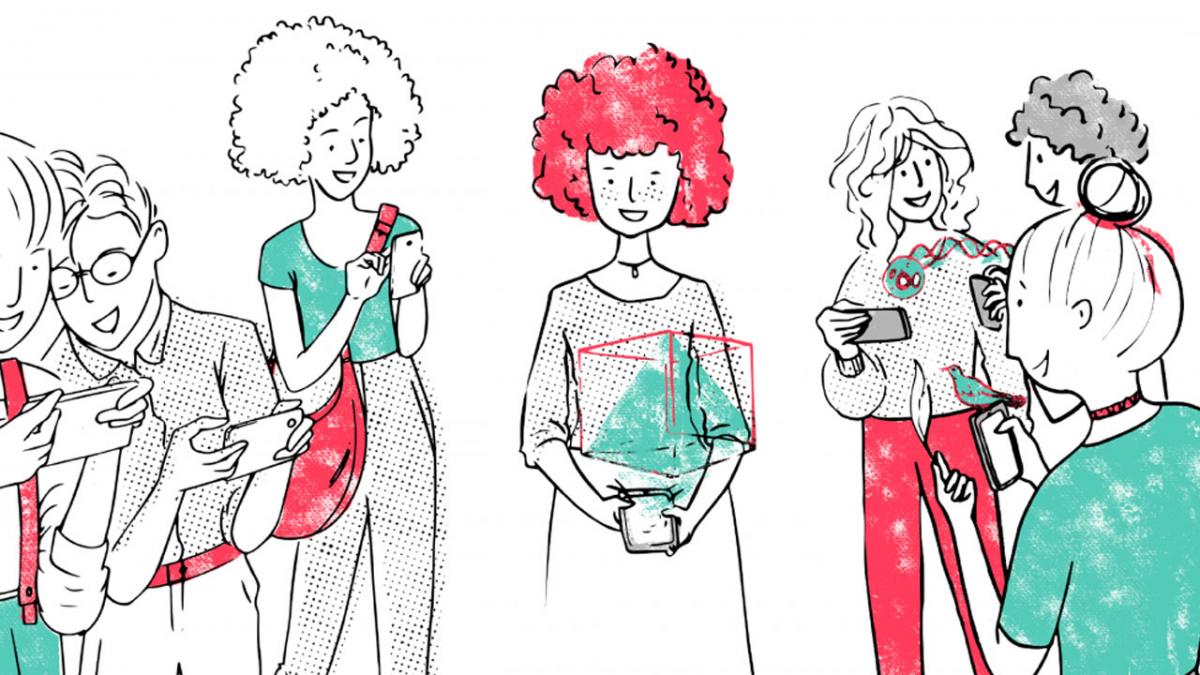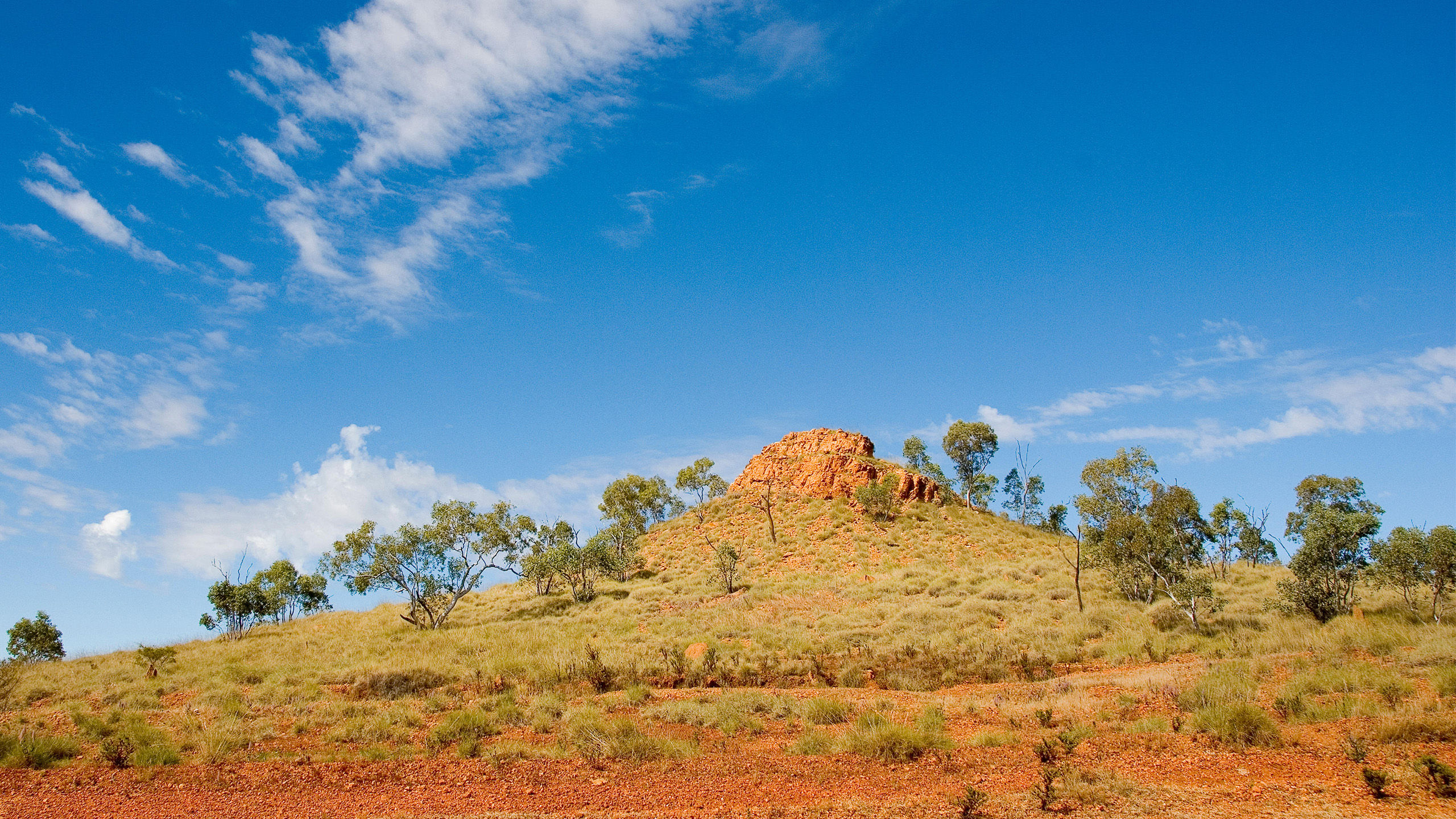Playing Video Games for Science!

Science is about predictions, problem-solving, teamwork, and fun! Teachers and students – Get ready for a 2-hour session of video games, interviews, discussion, and comedy all about science.
We’ll be playing Arludo games, making predictions, analysing data, and talking with some awesome scientists in this completely interactive afternoon adventure. This interactive event requires that students bring their mobile phones along to join in the fun. We’ll show the adults of the world that mobile phones can be used for good!
Arludo is an educational company developing mobile games that teach science – students will use their phones to collect data, answer questions, and interact with others at the venue (all anonymously!).
Best of all, we’ll be broadcasting this event through YouTube Live for free to ensure that any schools that can’t make it there on the day can join in the fun!
Who can attend: This event is perfectly suited for students in year 7 and 8. We’re limited to 100 spots on site, so register quickly!
Please note: Please ensure that each student will need to bring their own device (e.g. Tablet or Smart Phone).
Teachers can select one of the following sessions:
Session 1: 10am - 12pm
Session 2: 1pm - 3pm
Hosted by Isabelle Kingsley and Michael Kasumovic – two award winning science communicators – you will be introduced to a diverse group of scientists that explore protons, music, lizards, and more.
The scientists joining us for the two sessions are below:
Morning Session | 10am to 12pm
Teagan – Biology
I research forms of sexual conflict. Sexual reproduction is not as harmonious as we would like to think it is! Often the best reproductive strategy for the female is different from what is best for the male and vice versa. As both sexes will try to do what benefits themselves the most (even if it harms their mate!), this can create conflict. In humans, I research this conflict at a genetic level during pregnancy.
Daniel Makinlay – Maths
I am currently working in mathematics machine learning and AI and am interested in applying machine learning into understanding music. My current main project is exploring musical style transfer - which is the transferring characteristics of one music recording to another one. For example, mutating an operatic aria to be performed by trumpets or leaf blowers or anything else you can imagine!
Fonti Kar – Evolutionary Biology
I’m interested in how animals learn from each other and the role that different temperatures have in affecting how individuals learn. To understand this, I use lizards and snakes that were born in different temperatures can change how they use energy to behave, growth and reproduce.
Anna-Maree Syme - Chemistry
There exists a knowledge gap between quantum physics and general relativity that is yet to be understood. My research involves determining the best way to differentiate between theories that try to bridge this gap. To do this, I use computational models to review space molecules to see how a change in the proton mass affects the way that they interact with light.
Afternoon Session | 1pm - 3pm
Dax Kellie - Biology
I research the underlying reasons behind why sexism exists. I do this by combining many different fields of knowledge (psychology, evolution, economics) to understand why people hold different attitudes, opinions and stereotypes about women (and men) in society. I then ask how this information can predict larger differences in people's behaviours, including why some people endorse gendered double standards.
Sophie Calabretto – Maths
I try to understand why fluids (air, water, blood, snot, toothpaste... anything that flows!) move the way they do. If we understand that, we can understand so many other things... including oceans and the weather, aircraft and flight, or even the way blood moves through arteries and the heart, or how nutrients travel through an umbilical cord.
Shinjiro Ushiama – Marine Ecology
My research focuses on small cryptic fish like blennies and how the building of seawalls and pilings affect where there are found within Sydney Harbour and how it changes their feeding behaviour. I look at these small fish that are hard to see because they live amongst the rocky reefs that we replace when we build these artificial structures, so we expect them to be the most impacted of any fish group found in the Harbour.
Georgina Carson – Quantum Computing
I work in the exciting new field of quantum computing, where I’m trying to build a new kind of computer using single atoms and electrons as building blocks. When dealing with particles this small, physics acts differently than you’d expect – and this allows us to do certain kinds of calculations extremely fast. Quantum computers could help solve a huge variety of problems, from drug design, to code-breaking, to predicting the weather.
Hosted by Arludo & UNSW Science
For further details or questions please contact the Science Engagement Team by emailing science.engagement@unsw.edu.au.
UNSW x SYDNEY SCIENCE FESTIVAL
This talk is part of the program of events UNSW Sydney is presenting for the Sydney Science Festival and National Science Week.
The UNSW program of events includes talks, tours and events that will reveal the science that blows your mind – from an unexpected method to measure dark matter to the feminist history of the internet. See the full program.



